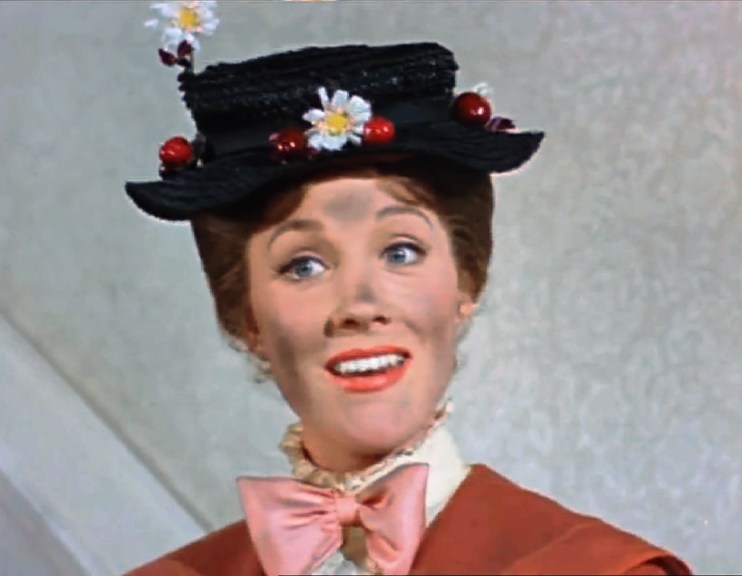London nannies’ pay rises to £43,000 as parents fail to secure nursery places

London parents are having to pay more for nannies because of a lack of nursery places, according to Nannytax, with salaries on average now at £43,000.
The government has been urged by the firm to amend its “nonsensical” approach to childcare payments set out in the spring budget, with demand for nannies skyrocketing as early years education is harder to secure.
New figures show London nannies now cost £42,848 per year or £3,571 a month, an eight per cent rise on the previous tax year.
The research from Nannytax, which is the payroll provider and hub for nanny employment experts, found the biggest rises have been in the home countries and greater London, where salaries are up 14 per cent.
It said prices were rising across the UK, and in the south east in particular, because of soaring demand for nannies amid a reduction in childcare places.
Rising costs for nannies has been a problem since lockdown. Agencies across the UK have been continually reporting high demand for nannies, driven by a number of factors.
Initially, the high costs were largely driven by the pandemic as nannies were the “only childcare providers permitted to continue working”. Brexit – which came into force on 31 December 2020 – compounded the problem by reducing the supply of EU-hailing nannies due to changed immigration laws.
Childcare provider shortages and the soaring cost of nursery places have also played a role.
The research cited Ofsted figures which shows the number of childcare providers fell by almost 5,000 in the year to the end of March 2023, while the number of childcare places available plummeted by almost 25,000.
The dire situation for parents unable to get their toddlers into nursery means they have to pay on average £18.53 an hour in central London, with north west and east London being a bit cheaper.
This comes after a report in April showed two in five mothers feel prohibited from returning to work due to the high cost of childcare, even with Jeremy Hunt’s expanded childcare offering.
In March, small firms urged Hunt to tackle the “crisis“, citing its economic burden.
Based on its internal payroll records for the tax year, it called on the government to take more action to help parents struggling with nanny costs.
“There are all sorts of reasons families turn to nannies and, now, childcare placement shortages are pushing up demand and salaries,” Kirsty Wild, a nanny employment expert at Nannytax, said.
“Although full-time nannies are expensive, we know most families (55 per cent) are only using nannies part time, to cover childcare gaps and enable them to carry on working.
“We think the government could be doing far more to help families cover nanny costs and help more women return to work.”
Reflecting on Jeremy Hunt’s spring budget, she said the Chancellor “announced in March that every child from nine months old in an eligible working family would be entitled to 30 hours of free childcare by September 2025, and yet this doesn’t include childcare offered by nannies”.
“That’s nonsensical given the clear need for care outside of nurseries’ and childminders’ operating hours,” she said.
Nannytax called on the government to “make 30 hours free childcare more flexible by including nannies. A government top up would help more hard-working families afford nannies to plug childcare gaps.”
When approached for comment, a government spokesperson said: “We are rolling out the single biggest investment in childcare in England ever, set to save a working parent using 30 hours of childcare up to an average of £6,500 per year.
“To make sure there are enough places across the country we will be investing hundreds of millions of pounds each year to increase the amounts we pay providers – and are consulting on how we distribute funding to make sure it is fair.”
